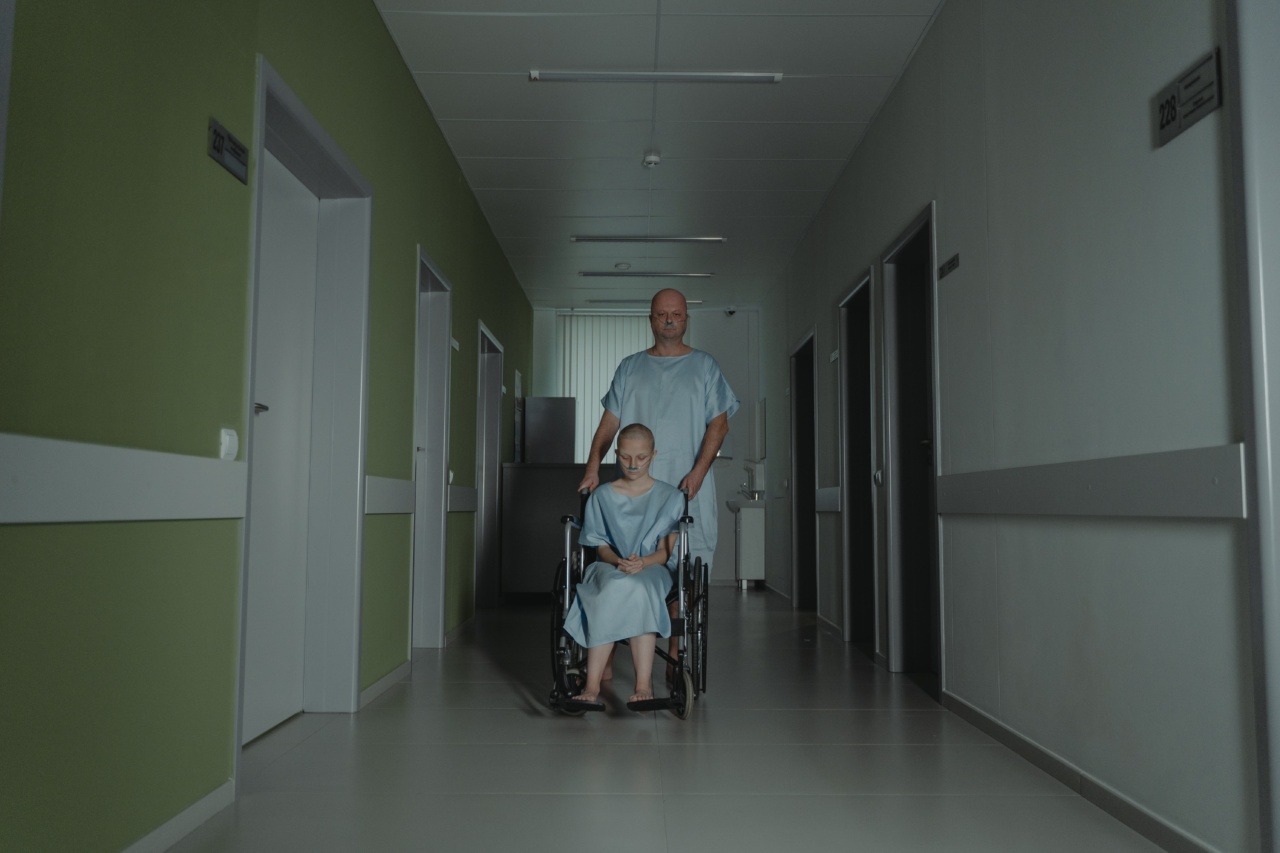Cancer is one of the most dreaded diseases that people can develop. It is known to have devastating effects on the body and can cause a lot of pain and discomfort for the patient.
In recent years, there has been much research done on how gravity affects the body and how a lack of it can be beneficial for cancer patients.
The effects of gravity on the body
Gravity has a tremendous effect on our bodies. It determines how we move, how we stand, and how we feel. One of the most significant effects of gravity is that it causes us to experience a constant state of compression.
Our spines are always forced to bear our body weight, which can lead to compression of the discs in our backs and cause pain and discomfort.
Gravity also impacts our circulatory system. It makes it harder for our hearts to pump blood, which can lead to heart disease and other circulatory problems.
Research has shown that a lack of gravity can have a significant impact on the body. When people go into space, they experience weightlessness, which means they are not affected by the constant compression that comes from being on Earth.
How a lack of gravity can help cancer patients
One of the biggest benefits of a lack of gravity for cancer patients is that it can help them to avoid the pain and discomfort that comes with being on Earth.
Because they are not affected by the constant compression that comes from gravity, they can experience less pain and discomfort.
A lack of gravity can also improve patients’ circulation. Without the force of gravity pulling blood down towards the legs, their circulatory system can work more efficiently.
This can help to reduce the risk of blood clots and other circulatory problems, which can be a significant issue for cancer patients.
Another benefit of a lack of gravity is the fact that it can help to reduce bone loss. Cancer patients who undergo chemotherapy are at risk of losing bone density, which can lead to osteoporosis.
A lack of gravity can help to reduce this risk by reducing the amount of pressure on the bones.
The challenges of using a lack of gravity as a treatment for cancer
While there are many benefits to a lack of gravity for cancer patients, there are also many challenges involved in using this treatment.
One of the biggest challenges is the fact that it is not feasible for most patients to go into space. The only way to achieve weightlessness is to go into space, which is not an option for most people.
Another challenge is the fact that a lack of gravity can have significant physiological effects on the body. It can cause changes to the heart, the circulatory system, the muscles, and the bones.
These changes can be beneficial in some cases, but they can also be harmful.
Finally, a lack of gravity can be expensive. The equipment needed to create weightlessness is expensive and difficult to transport. This means that it may not be a feasible treatment option for many cancer patients.
The future of gravity-based cancer treatments
Despite the challenges involved, there is a growing interest in gravity-based cancer treatments. Researchers are exploring new ways to simulate weightlessness on Earth.
This could involve using flotation tanks, anti-gravity treadmills, or other equipment.
There is also a growing interest in the use of magnetic levitation as a way to simulate weightlessness. This involves using powerful magnets to suspend objects in mid-air, creating a weightless environment.
The future of gravity-based cancer treatments is promising. While there are still many challenges to overcome, the potential benefits to cancer patients are significant.
Conclusion
Cancer is a devastating disease that affects millions of people around the world. While there is no cure for cancer, there are many treatments available that can help to alleviate the symptoms and improve the quality of life for patients.
A lack of gravity is one treatment that has shown promise in recent years. While it is not a feasible option for most patients, there is growing interest in the development of new equipment and technologies that can simulate weightlessness on Earth.
Ultimately, the goal of any cancer treatment is to improve the quality of life for patients and to help them to live healthier, happier lives.
A lack of gravity may be one way to achieve this goal, and it is an area of research that is worth exploring further.
























